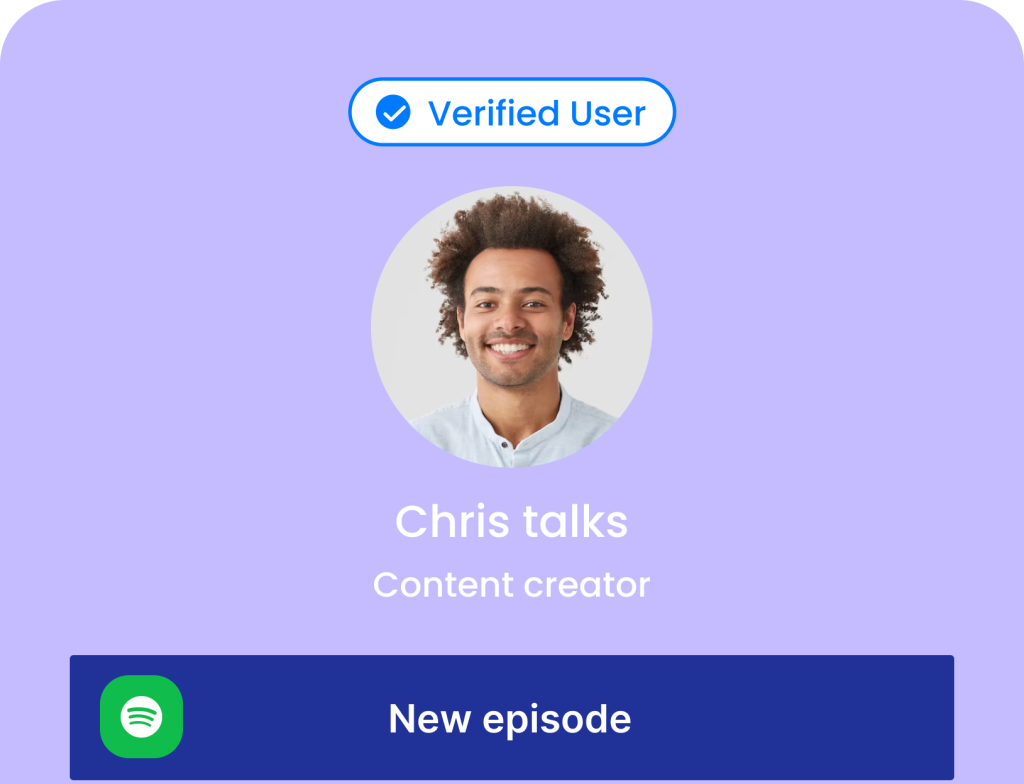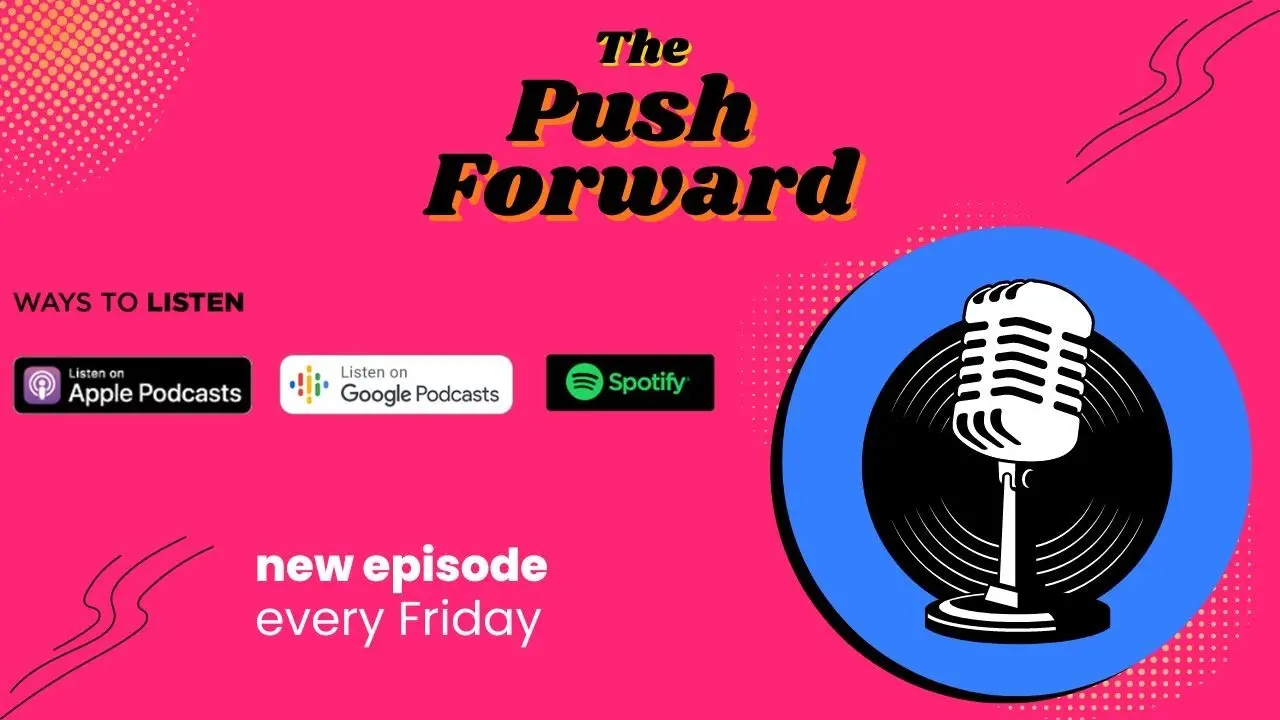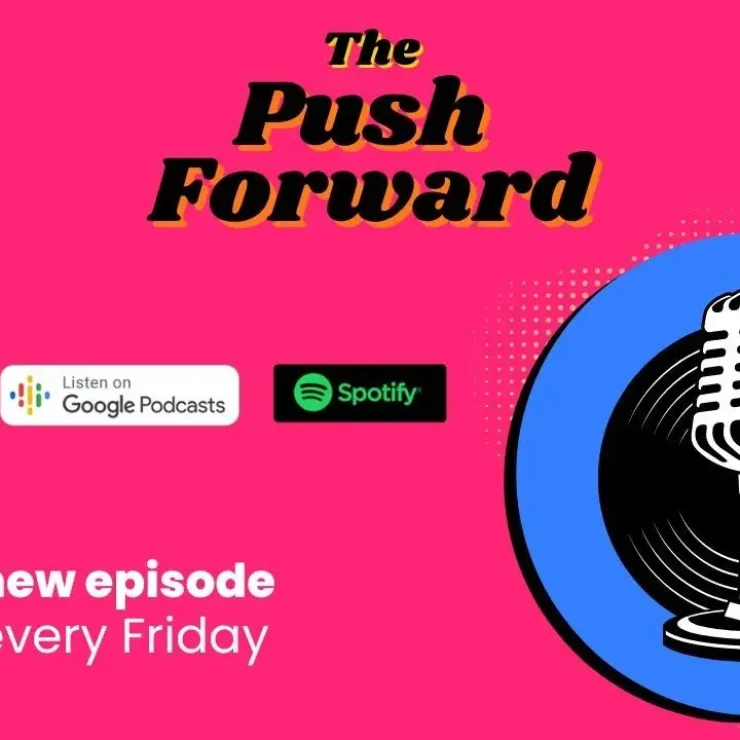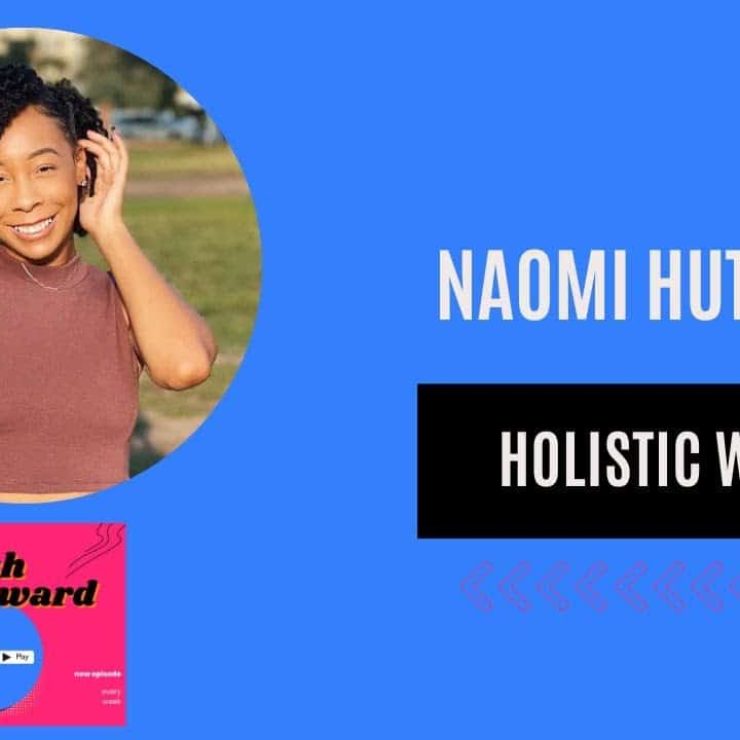Here’s the transcription of the video:
Hello and welcome back to another episode of the Push Forward Podcast, the show where we help you elevate your content game. I’m your host, Alex, and I’m thrilled to join you today. If you’re a creator, be it a blogger, YouTuber, podcaster like myself, or even a marketer (I’m that too, right? We are many things these days), that’s the beauty of the digital economy. Today’s episode is custom-made for you. We’re diving into the power-packed world of SEO, that is, search engine optimization, for those of you who are new to the game. We’ll explore some essential tools, strategies that can be specifically tailored to you, the content creator.
Create your own free link in bio page
Ready to simplify your online presence?
With Pushbio, you can;
- Link all your social media profiles together effortlessly.
- Showcase all your content, products, and services in one space.
- Share everything through a single link.

Create your own free link in bio page
Ready to simplify your online presence?
With Pushbio, you can;
- Link all your social media profiles together effortlessly.
- Showcase all your content, products, and services in one space.
- Share everything through a single link.
There are so many resources out there for SEO or marketing in general. The thing is, though, if you’re new to the game, you don’t always know what’s the difference between quality content and bad content. You might just know about your content and that what you’re producing is great, well-intentioned. That’s not the case for everyone else, right? So, I want to share with you the resources that I have used for more than 15 years and still continue to use. Some of those people in SEO circles are still around, but most of them are gone because, in that time, just like every other niche, every other channel, there have been people that came and went because they were just selling that snake oil for that moment.
For you as a creator, when you’re doing your content for whatever it is that you master, that you’re a wizard at, it’s important that you put time to grow your owned content. We’ve talked about it here on the show before. Owned content happens to be primarily what happens on your website, your website, your email marketing communication. These are the channels that are directly between you and your audience, right? Whereas with other types of media, you don’t really own the relationship. Think about social media. If you’re an influencer creator, it’s no doubt that you’re on social media. But let’s face it, shared media, which is what it’s considered (Facebook, YouTube, Instagram, LinkedIn, TikTok), as opposed to owned media, you don’t own any of it. You don’t even own the content that you share on there, right? So it’s important to know that it’s rented space, whereas your website, your blog, your email, and the videos that you create (not on YouTube but videos that you want to host on your website), if you host everything and pay for everything directly, then you have that information and data between you and your user.
Then you have earned media, which is like reviews, and then you have paid media, which is like paid search ads. So all those things are very different one from the other. Along the way, everybody wants to know the hacks for SEO. There is no real hack, that’s the truth. If you look at any great platform, like SEMrush, if you look at Ahrefs, any of those platforms, and the people who lead the SEO effort, the guys who’ve been around, the girls who’ve been around 20 years, they’re going to tell you that there’s really no shortcut. If you look at the Google SEO guide, and I really recommend, whether you’re a new creator or whether you’ve been around and you think you’re like the best digital marketer, ask yourself, when was the last time that you reviewed the SEO guide? I don’t mean the algorithm changes; the algorithms are always going to change, right? But what I’m talking about is Google Search Central puts out an SEO guide, and they update it from time to time. Read that guide. It’s hundreds of pages, but it’s going to tell you exactly what it’s all about.
If you paired that with, let’s say, an infographic from SEMrush, the SEO checklist, where it breaks down SEO basics, keyword research, technical SEO, on-page SEO, and then off-page SEO, which is backlinks, those five categories right there will put you light years ahead of your competition on SEO. Because it isn’t about just writing lots of content or even quality content for that matter. Believe me, over the years, I’ve written some really quality content that didn’t do so well. Other times, I’ve written something that I just didn’t put a lot of thought into it, just put out there, you know, a 5,600-word blog post, and all of a sudden, it’s driving traffic.
The E-A-T acronym, E-A-T, stands for Experience, Expertise, Authoritativeness, and Trustworthiness. Those are four different elements of creating content that is also rated by Google’s quality raters. These are actual people, there are tens and thousands of them that rate your website, but also the bots, the crawlers, the algorithm. So you want to understand search engine optimization from the most basic foundation, right? So again, those things we talked about: keyword research, the basics of making sure that your website has an SSL certificate, you have a robots.txt file, you are doing the meta tags, meta descriptions, you’re doing all those things. And whether you’re hosting your site on WordPress, Shopify, Wix, any other CMS, it doesn’t really matter. You need to know how to optimize.
As a creator, you may think, well, that’s not my jam. I’m a creator. If I’m a musician, I am simply on YouTube. I do my videos. I put them up on Vimeo, and then I engage on social media. Yeah, but again, those are rented spaces. You need to bring everybody back to your website. On your website, you’re going to be able to, over time, engage in a much deeper level. You’re going to be able to create content that maybe is not allowed on those other platforms. You’re going to be able to sell, cross-sell, upsell your audience on things that are interesting to them. You can’t really do that on the other channels because when you’re trying to sell on the other channels, social media, YouTube included, you are competing with millions of other people who are trying to sell the same things to your audience. So again, all things lead back to your own media. Your own media is partly controlled by you and what the content you put out, and then partly controlled by the algorithm of search engines like Google, Bing, DuckDuckGo, and many others. So you definitely want to understand that.
So the first step for you as a creator is to get an account on Bing Webmaster Tool and Google Search Console. Google Search Console is free. You sign up. We have tutorials on how to do it. You can have it set up in minutes. Google Search Console is going to give you a lot of rich data about your website, about your links. Then you want to get your Google Tag Manager set up. This way, you can track all the different links when you’re the source of a specific outbound link, right? But also, you want to give people those links as well. Google Analytics is a must. Now, you can always use your own





